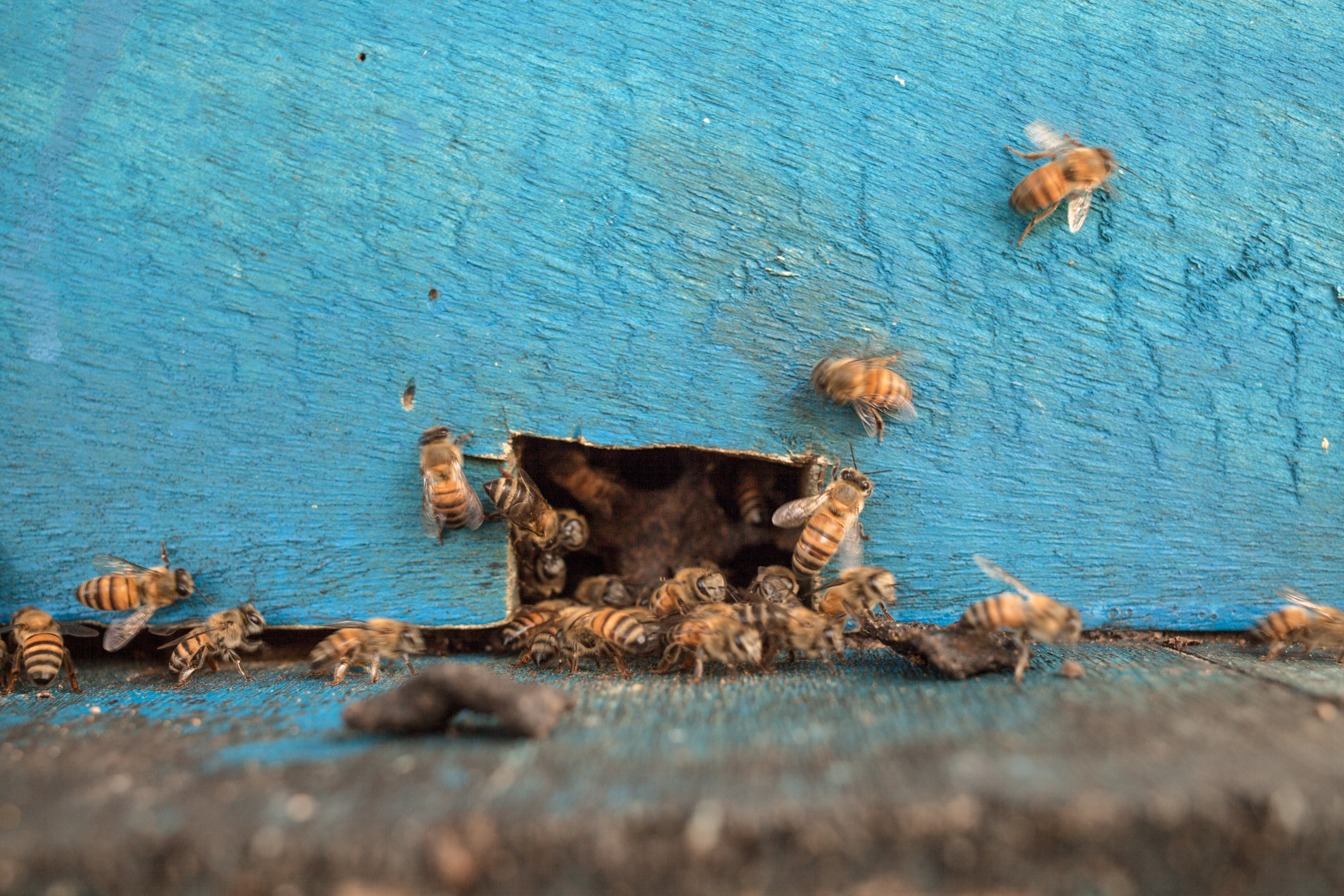- Sustainable use of natural resources
- Bénéficiaire CAMGEW - Cameroon Gender and Environment Watch
- Montant du projet 74 880 €
- Subventions FFEM 45 445 €
-
État du projet achevé
The project is located in 6 community forests that make up the Oku Community Forest, (FCO, 30,000 ha), 3 hours by car from Bamenda, capital of the North-West region of Cameroon, and 500 km from the capital Yaoundé. FCO is part of the Kilum-Ijim Forest Complex (300,000 ha), which gave the name to the first community forest created by Birdlife in 1987, including Mount Oku, which rises to 3,011 m and represents the second peak. West Africa. These mountainous forests are very rich in biodiversity, in particular ornithological, (the endangered Bannerman’s turaco is endemic to the region), in medicinal plants, spices, and although devoid of species of commercial interest for loggers. They are threatened by the extension of agricultural land, invasion by goats and bush fires caused by the harvest of wild honey.
CAMGEW works to promote non-timber forest products: white Oku honey, (which has a Protected Geographical Indication, derived from the nectar of trees such as Nuxia congesta, Prunus africana, Schefflera abyssinica), and Prunus africana, overexploited, because of its significant economic value, (the bark is used as a treatment for prostate cancer).
A first PPI, (phase 3), took place in Kilum: 219 beehives were made of which 108 were colonized: they will provide honey in May 2015; in addition, 6,600 prunus seedlings have been planted in the forest and are being maintained.
These products can increase the income of the populations and at the same time ensure a level of protection of the forest in the short and long term. Thanks to the present project Camgew will extend the achievements of the previous PPI to the inaccessible area called Ijim, located on the other side of the mountain range, more precisely in the villages of Bihkov, Belo, Ajung, Tumako, Fundong and Mbessa. The project will directly involve 180 people in beekeeping, 80 in plantations and 5 trainers. More than 600 families will indirectly benefit from the project.
